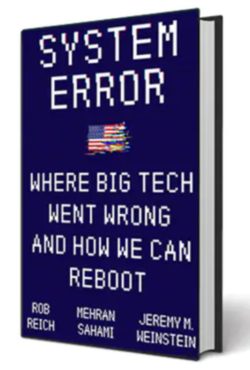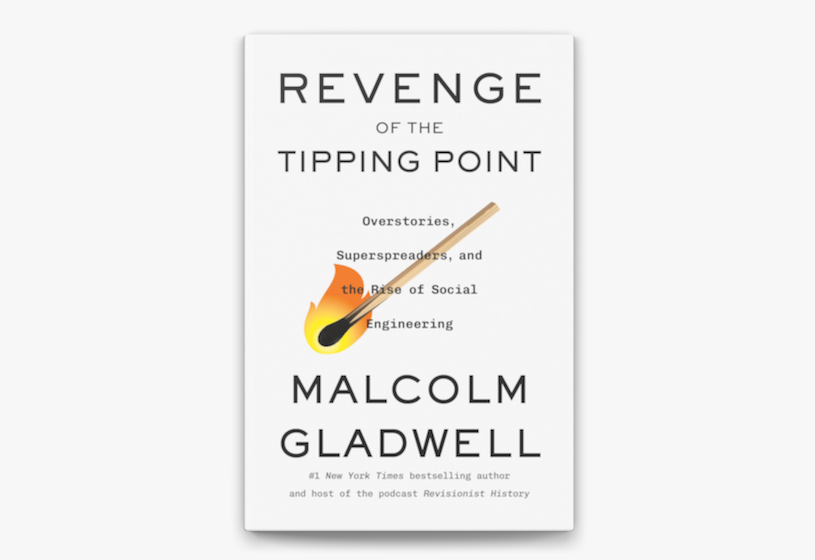
Facebook’s Mark Zuckerberg testifies before the House Financial Services Committee in 2019. Photo: Chip Somodevilla/Getty Images
HOW TO FIX THE INTERNET? It’s all so new—the internet, and digital technology in general—that you sometimes wonder how something so promising could have gone wrong so quickly. But there is no precedent for the world we’re creating. The internet changes everything, as its fanboys used to say, back before the internet actually did change everything.
That was 20-odd years ago, when mass media were at their apogee. Television, newspapers, magazines, the music industry—all were bigger and more flush than they’d ever been. The dot-com bust left the internet economy in a shambles, convincing doubters that the whole thing was a fad. In reality, the bust simply cleared out a raft of unsustainable enterprises—Pets.com, anyone?—and set the stage for what was to come.
Books: Digital Life |
Against the StreamMood Machine, by Liz PellyThe Wall Street Journal | Jan. 26, 2025 |
Learning to Live With AICo-intelligence, by Ethan MollickThe Wall Street Journal | April 3, 2024 |
Swept Away by the StreamBinge Times, by Dade Hayes and Dawn ChmielewskiThe Wall Street Journal | April 22, 2022 |
After the DisruptionSystem Error, by Rob Reich, Mehran Sahami and Jeremy WeinsteinThe Wall Street Journal | Sept. 23, 2021 |
The New Big BrotherThe Age of Surveillance Capitalism, by Shoshana ZuboffThe Wall Street Journal | Jan. 14, 2019 |
The Promise of Virtual RealityDawn of the New Everything, by Jaron Lanier
|
When Machines Run AmokLife 3.0, by Max TegmarkThe Wall Street Journal | Aug. 29, 2017 |
The World’s Hottest GadgetThe One Device, by Brian MerchantThe Wall Street Journal | June 30, 2017 |
Soft Skills and Hard ProblemsThe Fuzzy and the Techie, by Scott Hartley
|
We’re All Cord Cutters NowStreaming, Sharing, Stealing, by Michael D. Smith and Rahul TelangThe Wall Street Journal | Sept. 7, 2016 |
Augmented Urban RealityThe City of Tomorrow, by Carlo Ratti and Matthew ClaudelThe New Yorker | July 29, 2016 |
Word Travels FastWriting on the Wall, by Tom StandageThe New York Times Book Review | Nov. 3, 2013 |
Today, thanks to broadband, music has been reinvented as a streaming service and television is fast doing the same. Most newspapers have been abandoned by readers and advertisers alike. Alphabet, Amazon, Apple, Facebook and Microsoft dominate Wall Street. The internet, with some help from the pandemic, has fundamentally changed the way we shop, work, get our news, get our entertainment and engage with one another. We now have a supercomputer in our pocket—along with surveillance systems that supposedly tell advertisers what we want, software that can pick out a face in a crowd, hiring algorithms that can perpetuate human biases at scale, and black-box recommendation engines that can send you to prison but can’t say why.

SYSTEM ERROR: Where Big Tech Went Wrong and How We Can Reboot
by Rob Reich, Mehran Sahami and Jeremy M. Weinstein
Harper, 352 pages, $27.99

 September 23, 2021
September 23, 2021





